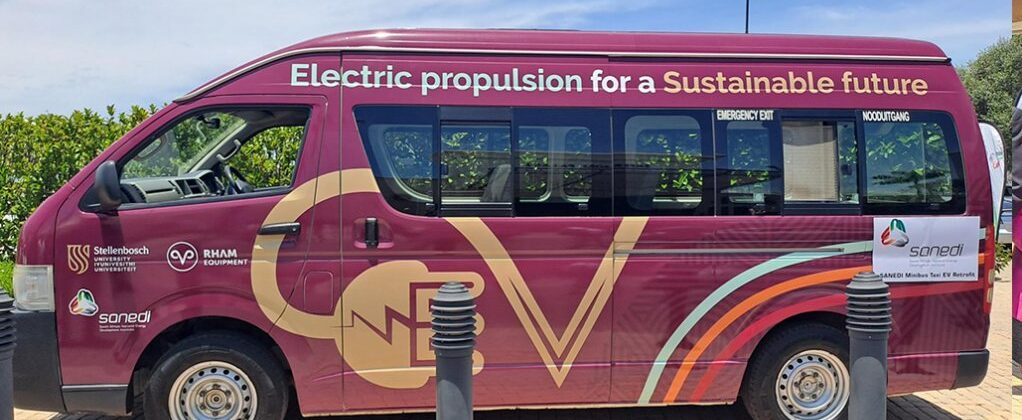by Flextra Engineered Products 0 comment
SANEDI’s pioneer conference showcases initiatives to tackle energy challenges
Mineral Resources and Energy Deputy Minister Dr Nobuhle Nkabane has emphasised the need to invest in science, technology and innovation to grow South Africa’s economy and to address the country’s well-documented energy challenges.
She was speaking on the first day of the South African National Energy Development Institute’s (SANEDI’s) first yearly energy conference, which is being held this week, in Johannesburg.
SANEDI CEO Dr Zwanani Titus Mathe said this conference was the first step on a long journey and added that SANEDI needed local and international private and government entities to partner with it to tackle the challenges.
He also indicated that conference would serve as a platform to showcase some of the work that SANEDI was undertaking in the energy space.
Nkabane agreed that tangible outcomes must emerge from the conference and progress be measured at next year’s event.
Meanwhile, one of the SANEDI initiatives showcased on the day was a taxi that had been retrofitted into a 100% electric vehicle, which will be traversing all of the country’s provinces to demonstrate what can be done with this mode of transport.
Some of the other initiatives being undertaken by SANEDI that were highlighted included using renewable energy systems and hydrogen fuel cells to power agricultural systems, and training young technical and vocational education and training college graduates on both business development and how to run these technologies.
Another intervention is implementing science labs in schools, in partnership with the Department of Science and Technology (DSI), with these powered by solar panels.
In terms of South Africa’s just energy transition, speakers welcomed the announcement of climate financing for the country’s transition plans, but reiterated the stance that the country must not be dictated to on how to use the funds. It was averred that funds should be directed to energy efficiency, proper maintenance of Eskom’s power plants and grid expansion.
Speakers also acknowledged the delays to the updated Independent Resource Plan, noting that adding in modelling for elements like hydrogen took some time.
The plan, which outlines the country’s energy strategy to 2030, was said to be at an advanced stage and would be presented to Cabinet by this month, Electricity Minister Kgosientsho Ramokgopa has previously indicated.
Speakers said they were hopeful that this would be the case, or before the end of the year at the latest, after which it would go for a public participation process.
Government and SANEDI’s work in the hydrogen space was also underscored. Speakers indicated that SANEDI was working with Eskom and other stakeholders on a long-term plan for charging stations powered by hydrogen and renewable energy.
Higher Education, Science and Innovation Minister Dr Blade Nzimande emphasised that his department was focusing keenly on decarbonising hard-to-abate industries, as well as undertaking considerable work in the hydrogen space.
He highlighted that the DSI had been supporting the development of new-energy vehicles and exploring the use of green hydrogen as a transport fuel through South Africa’s national hydrogen strategy.
Nzimande said the main objective had been to support the development of value-added components and skills that supported the local manufacturing of fuel-cell- and battery-powered vehicles.
He highlighted some examples coming of this work as a diesel-powered forklift converted to hydrogen fuel power in 2016; and three battery-powered scooters from the South Africa Post Office converted in 2019 to fuel cell power, resulting in the range being extended threefold.
Nzimande mentioned several concrete examples of hydrogen fuel cell deployments across municipalities and schools, including a 5 kW hydrogen fuel cell system that was deployed to a disaster management centre in a municipality in KwaZulu-Natal; and a partnership with other departments to deploy seven hydrogen fuel cell units to a hospital in Pretoria to assist with the government’s Covid-19 response.
Nzimande highlighted that the DSI had financed the Hydrogen South Africa Infrastructure of Competence at North West University to develop technologies for production storage and distribution of low emission hydrogen.
He acclaimed that this would capitalise on the country’s considerable endowment of platinum-group metals resources.
Nzimande pointed out that these and other initiatives host the potential to engender job creation, bolster beneficiation and boost the country’s economy.

